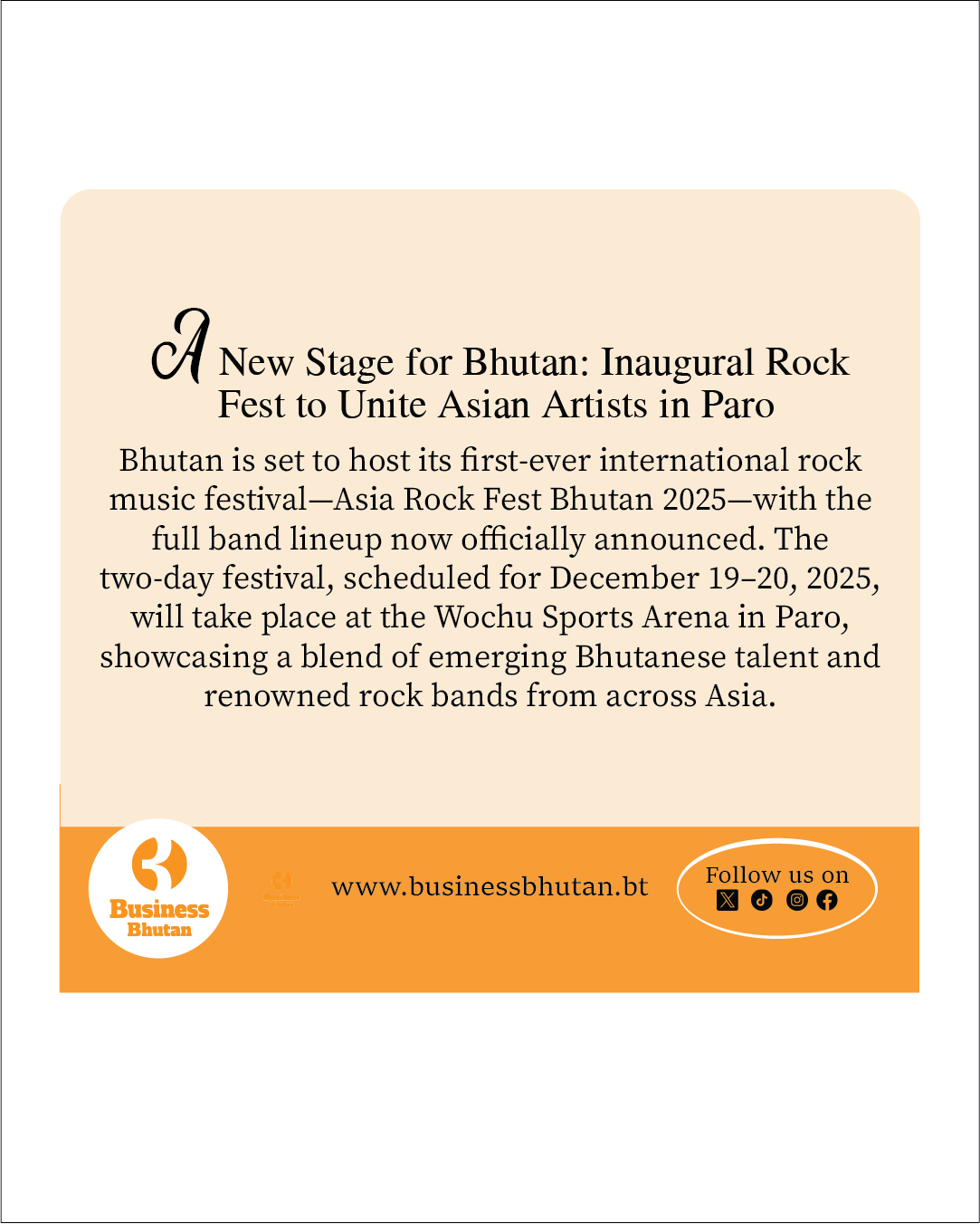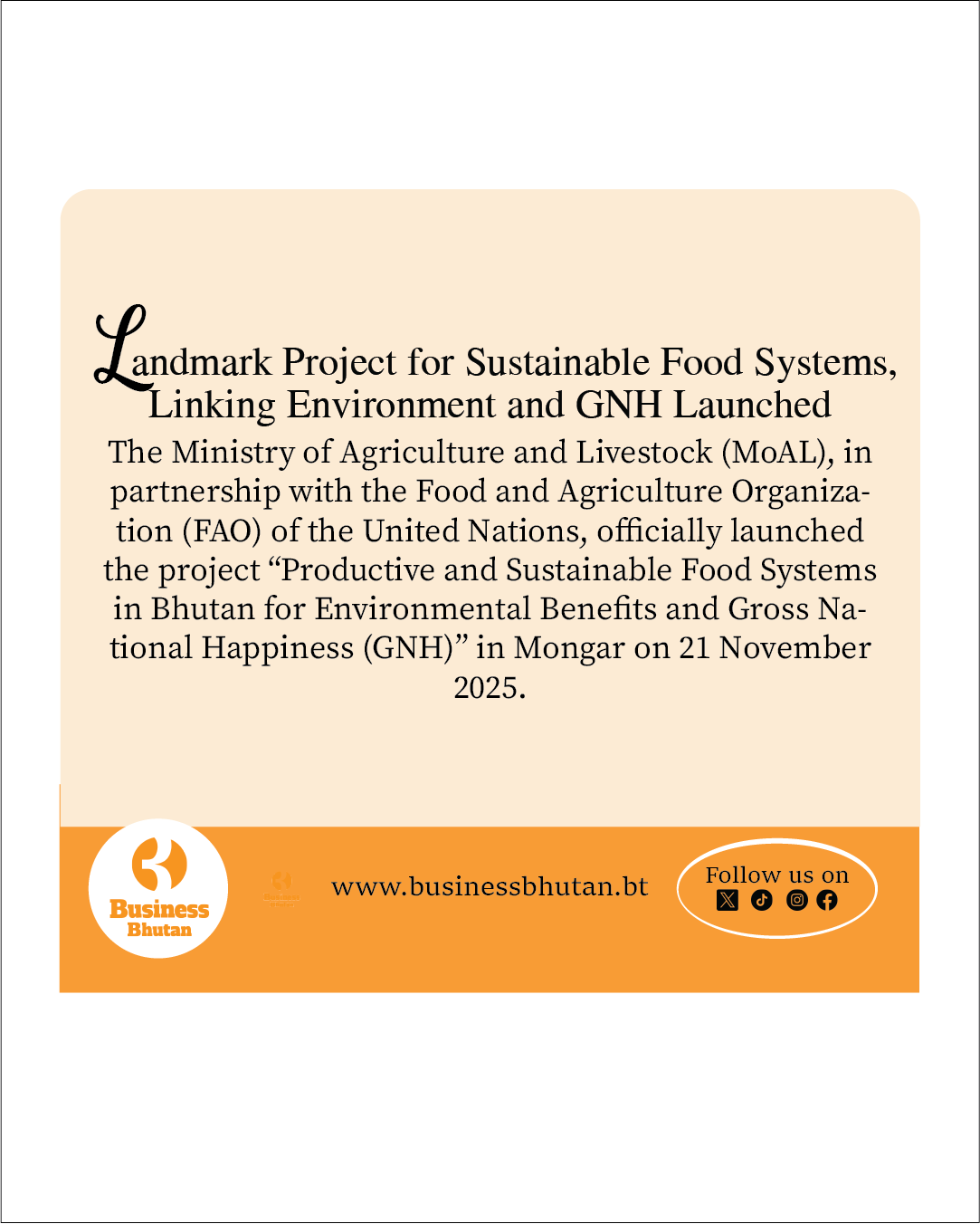The session on digital transformation at the Bhutan Innovation Forum (BIF) highlighted its role in modernizing the economy and enhancing the quality of life for its citizens. With nearly 95% of Bhutanese having access to mobile internet, the country has made significant strides in improving broadband access. The digital initiatives aim to streamline government services, increase transparency, and improve access to healthcare, education, and public services, all while maintaining a focus on sustainable and mindful development aligned with Bhutan’s cultural values.
The session delved into Bhutan’s ongoing digital transformation, emphasizing its pivotal role in modernizing the economy and enhancing the quality of life for its citizens. With nearly 95% of Bhutanese having access to mobile internet, significant progress has been made in improving broadband access. These digital initiatives aim to streamline government services, increase transparency, and improve access to healthcare, education, and public services, all while maintaining a focus on sustainable and mindful development aligned with Bhutan’s cultural values.
Jigme Tenzing, Secretary of the Government Technology Agency in Bhutan. emphasized that digital services should be reliable, meet desired outcomes, and be designed with citizen feedback to enhance lives without compromising privacy and security.
He explained Bhutan’s innovative digital identity system, which embeds authenticated information on citizens’ mobile phones, reducing the need for centralized data access and minimizing privacy risks.
Florian Marcus, an international digital transformation consultant who has supported over 80 governments, emphasized that digital transformation should enhance the relationship between the government and citizens, fostering trust and improving service experiences. He advocated for citizen-centric approaches, such as automated and personalized government interactions, to simplify processes and increase efficiency.
Tenzing Norbhu, Head of Connectivity & Access, Policy for Asia Pacific, highlighted that Bhutan’s digital transformation is aimed at enabling fulfilled lives and supporting the country’s goals of becoming a high-income and Gross National Happiness (GNH) economy by 2034. She stressed the importance of embracing technology while focusing on outcomes that improve citizens’ lives, advocating for changes in processes, mindsets, and organizational culture to ensure successful transformation.
The session underscored Bhutan’s commitment to a mindful and inclusive digital transformation that aligns with its unique cultural values and GNH philosophy. By leveraging advanced technologies and prioritizing citizen-centric service design, Bhutan aims to create a transparent, efficient, and secure digital environment that enhances the overall well-being and happiness of its population. The panelists emphasized the importance of learning from other governments, fostering inclusive access, and maintaining clear objectives to navigate the complexities of digital transformation successfully. Initiatives like decentralized digital identity systems, guardianship wallets, and robust data protection measures are paving the way for a sustainable and prosperous digital future for Bhutan and its citizens.
By Maisori Rai, Thimphu



![Fresh Beginnings: Pasakha Vendors Gear Up for New Vegetable Market - Duplicate - [#16963] Fresh Beginnings: Pasakha Vendors Gear Up for New Vegetable Market - Duplicate - [#16963]](https://businessbhutan.bt/wp-content/uploads/2025/11/Asset-200.png)











